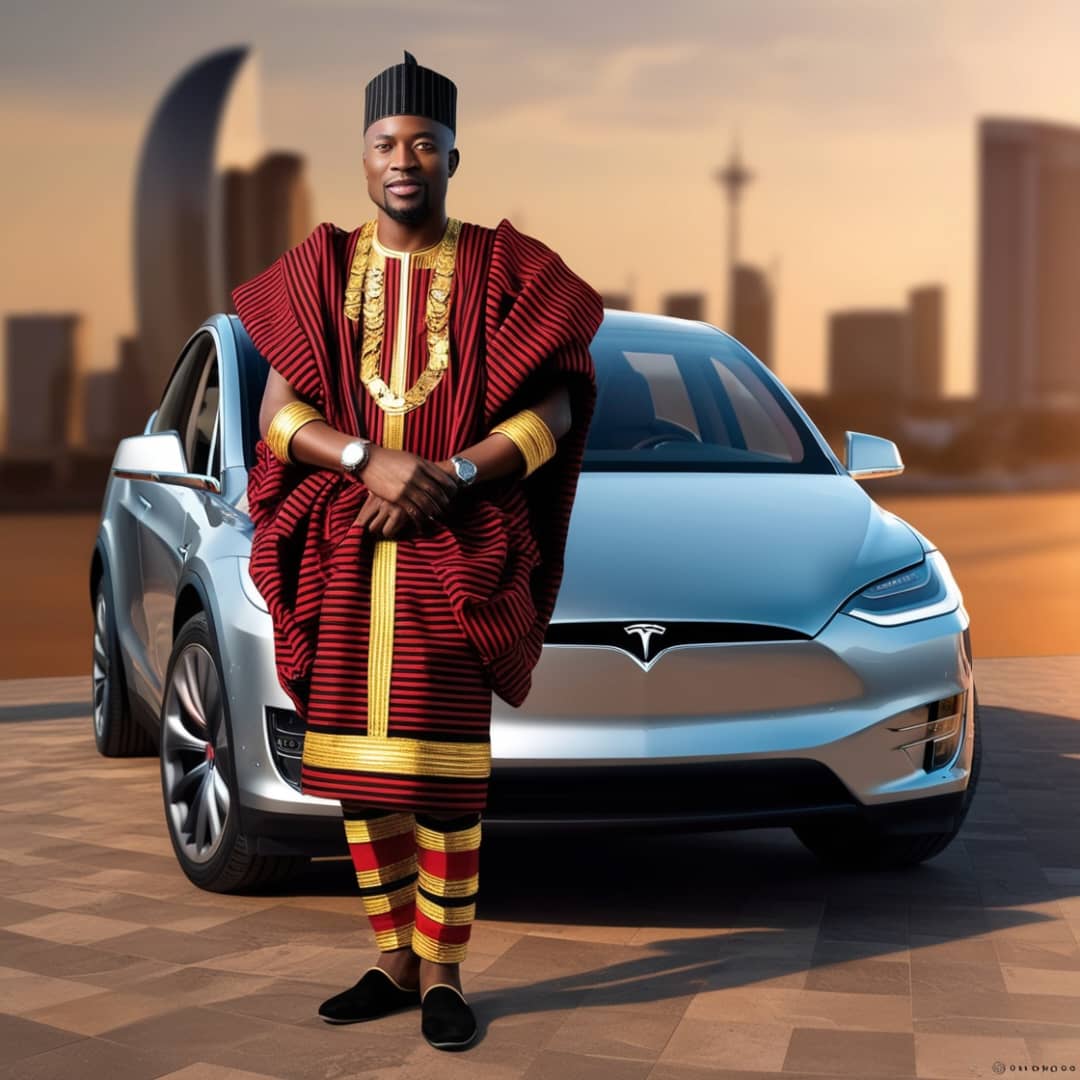Cover
Are Electronic Vehicles (EVs) the Next Big Thing in Nigeria?

By Randy, Aneke
It has now been a little over 3 years since the first locally assembled electric vehicle (EV), Hyundai Kona, launched by Stallion Motors, was driven by the former vice president of Nigeria, Yemi Osinbajo.
The unveiling and test drive of the EV raised the eye brows of the automobile stake holders in Nigeria. The stake holders have warned that the Nigerian market was not mature enough for the mass introduction of electric motors. Two issues were raised to back their concern:
• The issue of cost: It is no secret that Nigeria’s automobile market is largely dominated by used products. In fact, the director general of the National Automotive Design and Development Company (NADDC) stated in 2016 that an astonishing 150,000 used vehicles are imported into the country annually. This importation of second-hand vehicles have aided the average Nigerians in their bid to acquire a vehicle. With the EV market being relatively new as compared to the ICE (internal combustion engine) vehicle market, the low availability of used EVs poses a financial strain on the average Nigerian.
• Insufficient power supply: What is EV without electricity? In face of the dire energy production and supply in Nigeria, as elaborated in the first section, the mass adoption of EVs without first addressing this issue would not only be an investment failure but would also pose a threat to the lives of road users.
There is also the case of the installation of smart charging infrastructures across the country. It is no secret that, like ICE vehicles, EVs also have a set driving range for each tank full (Battery full for EVs). Now, there is a lack of adequate charging points across the country to accommodate EV users.
It is also important to note the ground breaking innovation of the EV charging time from 3 hours to 30 minutes.
Now fast forward to 2024, is the Nigerian Market ripe for the adoption of EVs?
I say yes, to some degree. It is no hidden fact that one of the main hindrances of the adoption of EVs in Nigeria is as a result of the anti-EV policies designed by the Nigerian government with the aim of profiting the ruling elites. With over 80% of Nigeria’s foreign revenue coming from the exportation of crude oil, a fall in both local and international demand will be catastrophic to the pockets of corrupt rulers who benefit from the unaccounted profits made from the sale.
Also, in 2019, the Nigerian government rejected a bill to phase out fossil fuel vehicles by 2035 on “account of the political-economic realities of the oil and gas sectors.” This rejection has come to no surprise considering there was also the rejection of a bill aimed at limiting (stopping) the importation of generators in the countries.
Why the rejection? It’s simple, a lot of government officials are the main importers of these generators and fossil fuel vehicles. Halting the importation of these products is detrimental to “their” businesses and “their” business is much more important than the growth of Nigeria.
What must be done to ensure that Nigeria is ripe for the adoption of EVs?
The yearly sales and demand for EVs is on the rise. It was reported that in 2021, EVs captured an outstanding 7.2% of the global market shares. This figure is more than triple its total market share two years prior, in 2019. The International Energy Agency predicts that by 2030, the stocks of EVs will hit a mouthwatering 145 million.
Nigeria is very attractive for investors looking to leverage its unsaturated EV market. A recent survey data shows that Nigeria accounts for over 75% of the registered vehicles in West Africa. Taking home the crown of being the largest economy in sub-Saharan Africa, and with a population of over 200 million (according to data released from UN), the Nigerian automobile industry is a perfect fit for investors with the right mindset and plan.
Three things must be done to herald the dawn of EVs in Nigeria
• Research and development: With the differences in the components and parts of EVs in comparison to ICE vehicles, there is need for the improvements in the technical knowhow and also, innovative measures must be put in place to combat any future obstacles. “Special funding” should be set aside for the sake of investing in research.
• Stable and sustainable electrical supply: as stated earlier, the reliance on electricity from PHCN would stop any idea of EVs adoption, dead on its track. In that note, a different source(s) of electricity production and supply must be looked into. Nigerian Meteorological Agency (NIMET) states that Nigeria, on average, enjoys about 6.25 hours of daily sunshine. This a good condition for the adoption of solar as a renewable energy source.
• Government backed policies: This is the most important factor that would determine the success or failure of EVs market in Nigeria. Backed by the government, policies limiting the dependence on fossil fuels would undoubtedly sky rocket the demand for EV production. Also, a government backed NADDC would see that the production of locally made EV is made possible. This development will help in growing the economy.
















